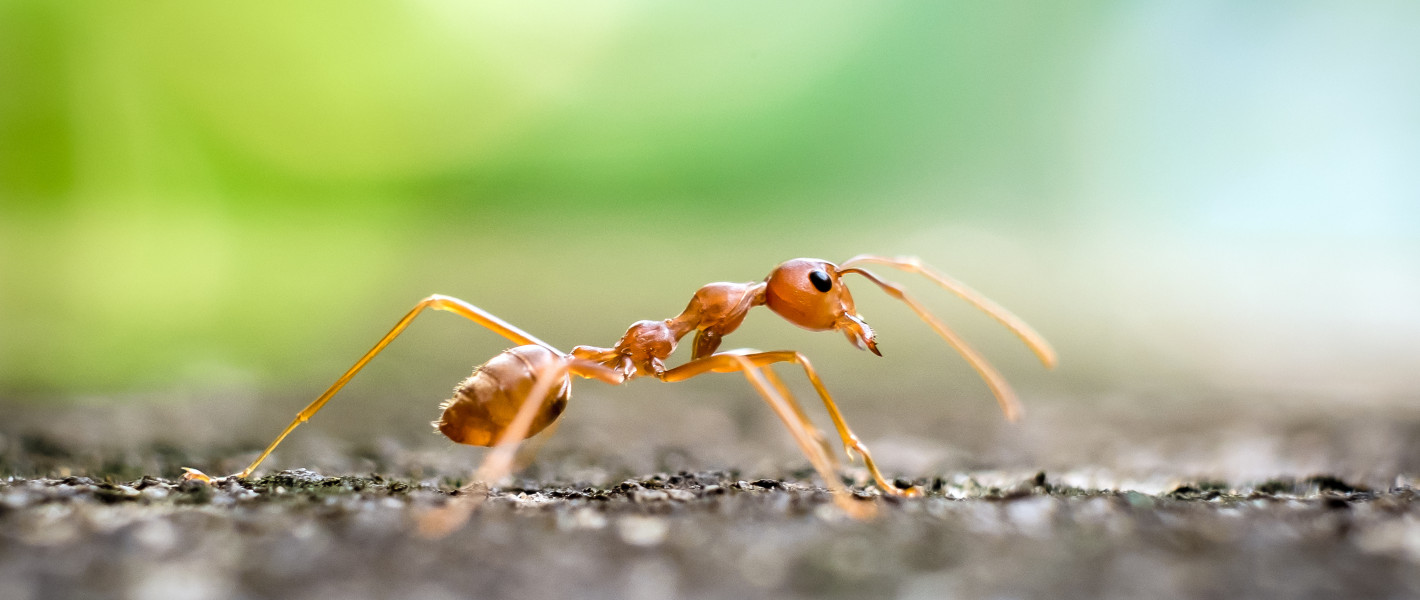Prevention, Control And Eradication: Programmes That Help Keep NZ Pest Free
in Biosecurity
7470
AsureQuality, with a history dating back over 100 years, is best known today for providing assurance services to our food and beverage industry. However, as biosecurity surveillance manager Deirdre Nagle explains, the organisation also provides extensive biosecurity services to local and central government.
“We assist these agencies in managing and controlling pests by drawing on scientific expertise, advanced technology and significant experience.”
AsureQuality recently worked with Auckland Council to reduce the spread of kauri dieback within the region.
“We set up standard operating procedures, compliance teams, and used GIS technology to collect compliance data in the field. Using GIS, smartphone technology and data automation allows for real time analysis. This technology significantly improves the management of field operations.”
In another long term biosecurity surveillance operation, AsureQuality is working with the Ministry of Primary Industries, leading the National Invasive Ant Surveillance Programme undertaken at ports and other transitional facilities where there’s a high risk of exotic ants arriving from overseas.
“Exotic ants, especially Red Imported Fire Ants, are significant pests which could present a public health challenge for local communities.”
Established ant pests, such as the Argentine ant - which is regarded as a serious threat in reserves and natural areas where it competes with the kiwi and other native birds and lizards for food - are also under the watchful eye of the AsureQuality experts.
“As a result of this programme no significant exotic ant invasions or responses have occurred in the last 10 years,” says Deidre.
The climate around biosecuity has changed from a top-down agency-led activity to one which is everyone's responsibility, she says.
"The goal of Biosecurity 2025 and the recent 'This is us' campaign focus on having a biosecurity team of four million people. As agencies representing the public we need to ensure that we have a social licence to operate, consider how our operational work affects the public, and create opportunities to engage them.
"The increased public interest in Myrtle Rust and the constant reporting of the rust, which affects iconic trees such as pohutukawa, demonstrate the greater role the general public can take in biosecurity surveillance in the future."
